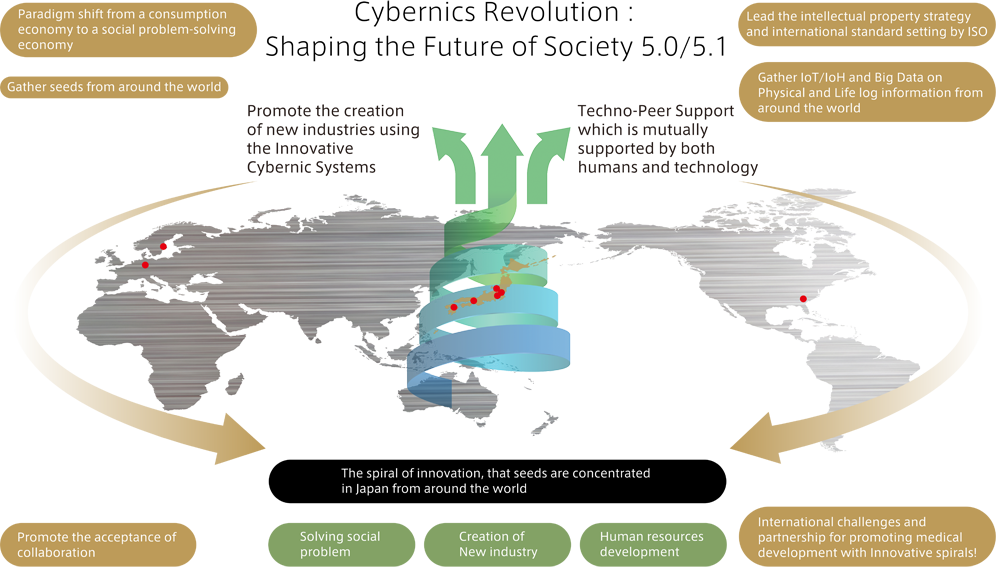
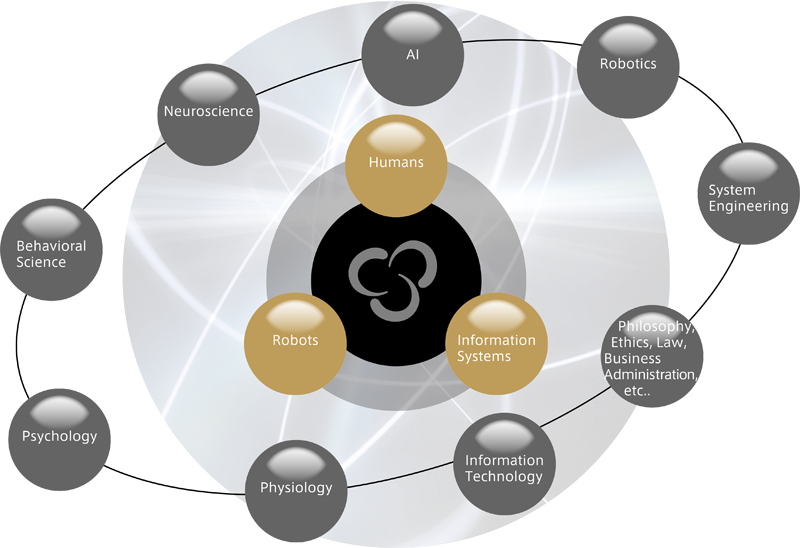








We are dynamically developing “Cybernics” by collaborating and cooperating with several different departments within the University of Tsukuba, as well as with other domestic and overseas universities and various private industries such as CYBERDYNE INC.We propose a “Techno-Peer Support”, which is mutually supported by both humans and technology, and challenge to accomplish our mission creating “Society 5.0/5.1” by our comprehensive organization, ‘Center for Cybernics Research’.

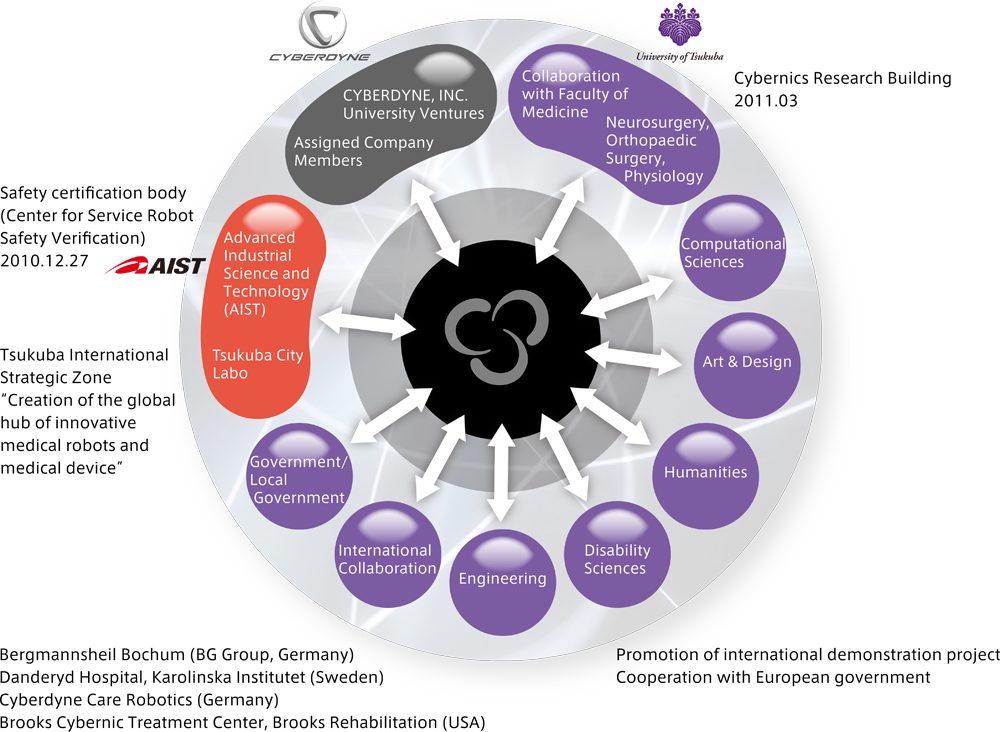


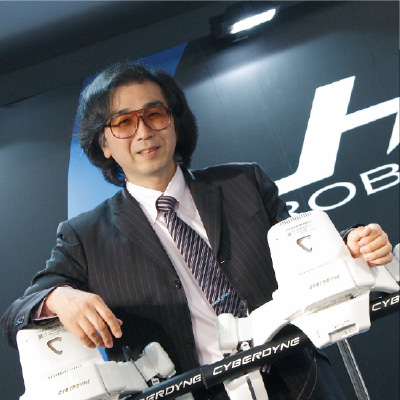

Executive Research Director
Yoshiyuki SankaiTitle
Professor of the Institute of Systems and Information Engineering,
Executive Research Director at the Center for Cybernics
Research,
Director at the R&D Center for Frontiers of MIRAI in
Policy and Technology, University of Tsukuba
President and CEO of CYBERDYNE, Inc.
Program Director of SIP (Strategical Innovation Promotion Program) promoted by the Cabinet Office of the Government of Japan
Profile
Yoshiyuki Sankai earned a Ph.D. in Engineering from the
University of Tsukuba in Japan in 1987.
He has progressed from being a research fellow at the
Japan Society for the Promotion of Science (“JSPS”) to
assistant professor, associate professor, and then
professor at the Graduate School of Systems and
Information Engineering, University of Tsukuba.
Dr. Sankai is also a visiting professor at Baylor College of
Medicine in Houston, Texas in the United States.
Currently, he is a professor, the Executive Research
Director at the Center for Cybernics Research and the
Director at the F-MIRAI for the University of Tsukuba, the
President and CEO of CYBERDYNE Inc., and a Program
Director of SIP promoted by the Cabinet Office of the Government
of Japan.
He was appointed as a leader of the Global COE (Center
of Excellence) program for Cybernics, by MEXT (Ministry
of Education, Culture, Sports, Science and Technology of
Japan)(2007-2012).
He was selected as one of the top 30 Japanese scientists
and his research plan/project obtained financial support
from the “Funding Program for World Leading Innovative
R&D on Science and Technology”(2010-2014). He was a
Program Manager of the Impulsing Paradigm Change
through Disruptive Technologies (“ImPACT”) program
(2014-2018), initiated by the Cabinet Office of Japan, and
also Business producer of Program for Building Regional
Innovation Ecosystem by Ministry of Education, Culture,
Sports, Science and Technology (“MEXT”). And he was
Director of Center for Cybernics Research (2011-2017).
He also served as an Executive Board Member of
Advanced Robotics, a member of Global Agenda Council
on Robotics & Smart Devices, a Center Partner of the
Center for the Fourth Industrial Revolution, a member of
the Global Future Council of Production, and a member
of the Global Precision Medicine Council of the WEF.Now,
he is a fellow of the Robotics Society of Japan (“RSJ”)
and the Society of Instrument and Control Engineers
(“SICE”). And he is also appointed as an International
Fellow of the Royal Swedish Academy of Engineering
Sciences (“IVA”).
Dr.Sankai led the intellectual property strategy and
international standard setting by ISO and IEC as an
expert member of the committee on the medical robotics
field and personal-care robotics field.
He has pioneered innovative cyborg-type robot
technology in a new academic field, “Cybernics: the
fusion and combination of humans, robots and AI/information systems,” and established a social
problem-solving venture company “CYBERDYNE, Inc.” in
2004.
In March 2014, the company was listed in the “Mothers”
section of the Tokyo Stock Exchange, as the first
company to issue class shares in Japan.
In addition, due to its distinctive advanced technology
and growth probability, the company was awarded
FY2013’s ”IPO of the Year” and FY2014’s “Innovative
Equity Deal of the Year” by Thomson Reuters Market,
becoming the first company ever to receive an award two
years in a row.
Now, Dr. Sankai is acting as a core member of the
Ministry of Land, Infrastructure, Transport and Tourism’s
Smart City Project/Tsukuba Promotion Council, as well
as a founding core member of the Tsukuba Conference.
He has received numerous awards, including: The 2005
World Technology Award (2005), Good Design Gold Award
(2006), Award from the Minister of Economy(2007), the
21st century Invention Award from Japan Institute of
Invention and Innovation (2009) , Gold Prize of 2014
Edison Awards, DealWatch Awards 2013 IPO of the Year
(Thomson Reuters) (2014), DealWatch Awards 2014
Innovative Equity Deal of the Year (Thomson Reuters)
(2015), the 7th Robot Award (Ministry of Health, Labour
and Welfare award) (2016), the Prime Minister’s Award
(the third Nippon Venture Awards) (2017) , MEXT Award
in the 7th Technology Management and Innovation
Awards(2019), Ichimura Prize in Industry for
Distinguished Achievement(2019), The Medal of Honor
with Purple Ribbon(2019) awarded by the Emperor,
Intellectual Property Achievement Awards, Minister of
Economy, Trade and Industry Awards(2020) and many
more.


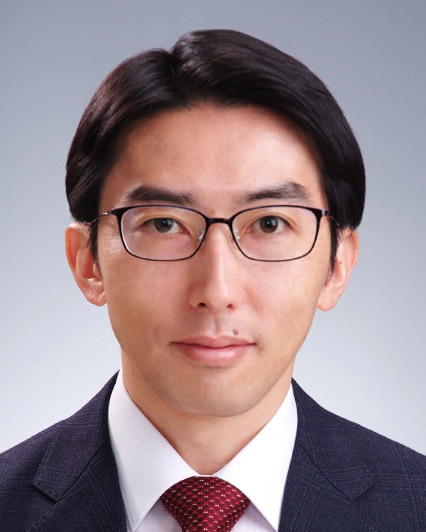

Director of Center
Yoshihiro KurodaTitle
Professor of the Institute of Systems and Information Engineering,
Director of Center for Cybernics Research,
Principle Investigator of Life Engineering Laboratory,
University of Tsukuba.
Profile
He is currently a Professor of the Institute of Systems and Information Engineering, Director of Center for Cybernics Research and also Principle Investigator of Life Engineering Laboratory, University of Tsukuba.
He received the B.S. in Integrated Human Studies, M.S. and Ph.D. in Informatics from Kyoto University, Kyoto, Japan, in 2000, 2003 and 2005, respectively.
He was a Project Assistant Professor with the Grad. Sch. of Medicine, Kyoto University, Kyoto from 2005 to 2006. From 2006 to 2013, he was an Assistant Professor with the Grad. Sch. of Engineering Science, Osaka University, Osaka. From 2013 to 2016, he was an Associate Professor with the Cybermedia Center, Osaka University, Osaka.
From 2016 to 2019, he was an Associate Professor with the Grad. Sch. of Engineering Science, Osaka University, Osaka.
In 2019, he joined the University of Tsukuba, and is now a director of the Center for Cybernics Research, University of Tsukuba.
He is served as elected board members of the Virtual Reality Society of Japan, Human Interface Society of Japan, and
Japanese Society of Medical Virtual Reality.
His primary research interests include biomedical simulation, sensory feedback technologies, Cybernics, biomedical image processing, medical artificial intelligence, medical systems, and assistive systems with a seamless fusion of cyber and physical spaces.
He has published more than 180 peer-reviewed papers.
He is currently a member of IEEE and ACM.


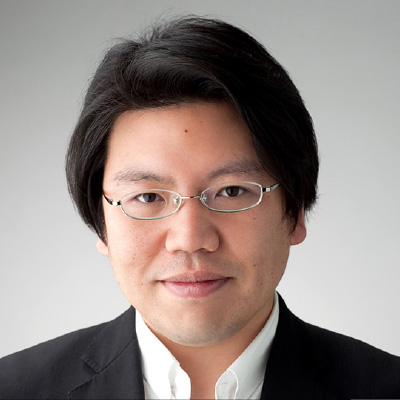

Vice Director of Center
Kenji SuzukiTitle
Advisor to the President,
Professor of the Institute of Systems and Information Engineering,
Vice Director of Center for Cybernics Research,
Dupty Director, Center for Innovative Medicine and Engineering, University of Tsukuba.
Advisor at the City of Tsukuba (Smart City / Super City)
Profile
He is currently a Professor of the Faculty of Engineering,
Information and Systems, Director of Center for Cybernics Research and also Principle Investigator of Artificial Intelligence Laboratory, University of Tsukuba.
He received the B.S. in Physics, M.E. and Dr. Eng. in Pure and Applied Physics from Waseda University, Tokyo, Japan, in 1997, 2000 and 2003, respectively.
He was awarded a research fellowship by the Japan Society for Promotion of Science. Prior to joining the University of Tsukuba in 2005, he was a Research Associate with the Dept. of Applied Physics, Waseda University, Tokyo from 2003 to 2005.
From 1997 to 1999, he was a visiting researcher at the Laboratory of Musical Information, University of Genoa,
Italy, where he was engaged in a project of Human-robot interaction, Theatrical Museal Machine.
In 2009, he was a visiting researcher at LPPA, Laboratory of Physiology of Perception and Action, at the College de
France, Paris.
He is now a director of the Center for Cybernics Research, and an active member of the Center for Artificial Intelligence Research at the University of Tsukuba.
He is served as an elected administrative committee member of the IEEE Robotics and Automation Societysince 2019.
His primary research interests include artificial intelligence, Cybernics, wearable robotics and devices,
affective computing, social robotics and assistive robotics with a particular emphasis on machine learning, pattern classification and dynamical modeling approaches.
A special emphasis is laid on the design of empowering people, particularly for elderly, adults and children with special needs.
He has published more than 200 peer-reviewed papers and presented a number of invited talks and contributions at conferences in these areas.
He also leads several funded research projects, including JST PRESTO and CREST project, which is recognized as a significant early career contribution.
He is currently a member of IEEE and ACM.

